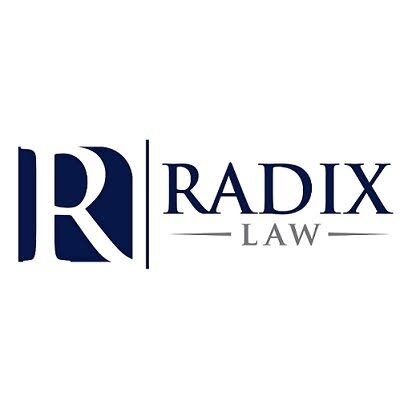Best Creditor Lawyers in Scottsdale
Share your needs with us, get contacted by law firms.
Free. Takes 2 min.
List of the best lawyers in Scottsdale, United States
About Creditor Law in Scottsdale, United States:
Creditor law in Scottsdale, United States encompasses the legal rights and obligations of creditors and debtors. Essentially, it deals with the relationship between those who lend money or provide credit (creditors) and those who owe money or have outstanding debts (debtors). This branch of law focuses on various aspects, such as debt collection, bankruptcy proceedings, foreclosure, repossession, and negotiation of repayment terms.
Why You May Need a Lawyer:
There are several situations in which it's advisable to seek legal help from a Creditor lawyer in Scottsdale:
- If you are facing difficulty in recovering outstanding debts owed to you
- If you have been served with legal papers related to debt collection, bankruptcy, or foreclosure
- If you need assistance negotiating repayment terms with debtors
- If you want to understand your rights and options as a creditor
Local Laws Overview:
Scottsdale, United States has specific laws and regulations that govern the creditor-debtor relationship. Some key aspects of local laws regarding creditor law in Scottsdale include:
- The Fair Debt Collection Practices Act (FDCPA) provides guidelines on debt collection practices and protects debtors from harassment or unfair treatment.
- Arizona's Statute of Limitations sets a time limit on how long creditors have to file a lawsuit to collect a debt.
- The state's foreclosure laws outline the process by which a creditor can seize and sell a debtor's property to recover outstanding debt.
Frequently Asked Questions:
1. Can a creditor garnish my wages?
Yes, under certain circumstances, a creditor can obtain a court order to garnish a portion of your wages to satisfy outstanding debts. However, there are limits on how much can be garnished, and some types of income may be exempt.
2. What is the difference between secured and unsecured debt?
Secured debt is backed by collateral, such as a mortgage or car loan, which the creditor can seize if the debtor defaults on payments. Unsecured debt, on the other hand, is not tied to any specific asset and is usually based on the debtor's promise to repay.
3. Can a creditor still collect a debt if it has expired according to the statute of limitations?
Technically, a creditor can still attempt to collect a debt even after the statute of limitations has expired. However, they cannot file a lawsuit against the debtor to enforce payment through legal means.
4. What rights do I have as a creditor under the Fair Debt Collection Practices Act (FDCPA)?
The FDCPA protects debtors from abusive or harassing debt collection practices. As a creditor, you must adhere to guidelines such as not contacting debtors at inconvenient times or locations, not using deceptive tactics, and not making false statements.
5. Can bankruptcy help me recover outstanding debts?
If the debtor files for bankruptcy, it may affect your ability to collect outstanding debts. Bankruptcy proceedings may involve the discharge of certain debts or the reorganization of debt repayment plans. Consulting with a creditor lawyer can help you understand your rights and options in such situations.
Additional Resources:
- Scottsdale Bar Association - https://www.scottsdalebar.org/
- Arizona State Courts - https://www.azcourts.gov/
- Consumer Financial Protection Bureau - https://www.consumerfinance.gov/
Next Steps:
If you need legal assistance related to creditor law in Scottsdale, it is recommended to consult with an experienced creditor lawyer. They will be able to provide personalized advice based on your specific circumstances and guide you through the legal process if necessary. Start by researching local law firms or seeking recommendations from trusted sources to find the right attorney for your needs.
Lawzana helps you find the best lawyers and law firms in Scottsdale through a curated and pre-screened list of qualified legal professionals. Our platform offers rankings and detailed profiles of attorneys and law firms, allowing you to compare based on practice areas, including Creditor, experience, and client feedback.
Each profile includes a description of the firm's areas of practice, client reviews, team members and partners, year of establishment, spoken languages, office locations, contact information, social media presence, and any published articles or resources. Most firms on our platform speak English and are experienced in both local and international legal matters.
Get a quote from top-rated law firms in Scottsdale, United States — quickly, securely, and without unnecessary hassle.
Disclaimer:
The information provided on this page is for general informational purposes only and does not constitute legal advice. While we strive to ensure the accuracy and relevance of the content, legal information may change over time, and interpretations of the law can vary. You should always consult with a qualified legal professional for advice specific to your situation.
We disclaim all liability for actions taken or not taken based on the content of this page. If you believe any information is incorrect or outdated, please contact us, and we will review and update it where appropriate.









